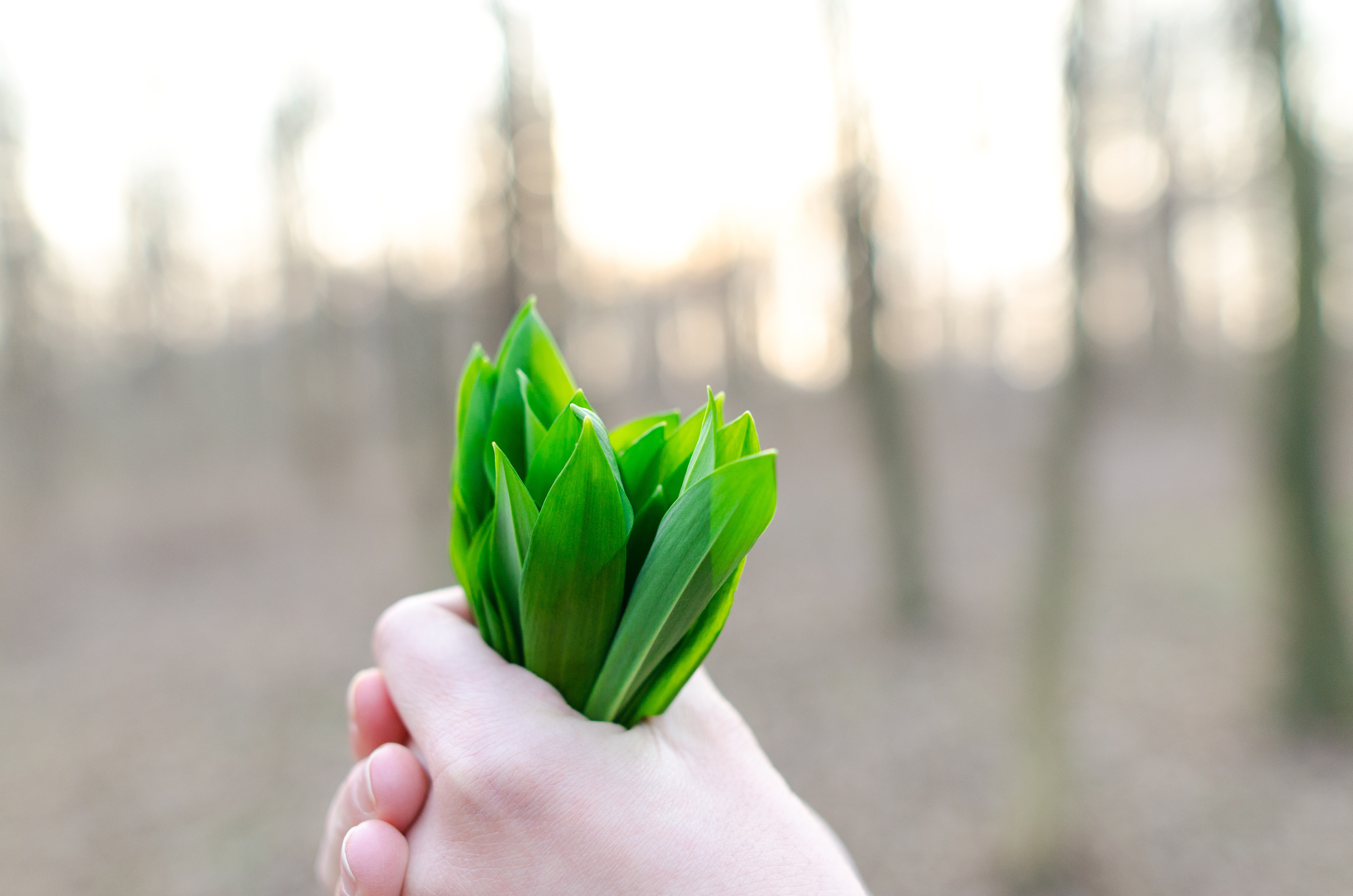These home and yard projects and tips can help you live sustainably in your home and garden and reduce your ecological footprint.
Eco-Friendly Home Tips
- Switch Off. Conserve energy by switching off lights and appliances when they’re not in use. This is a good habit to get into as you leave a room. Not only will it reduce your energy consumption, but it will help reduce your bills!
- Check for standby. Many of your electronics have a standby mode, which means they’re still consuming energy (often referred to as standby power, phantom power or even vampire power) while not in use. Check items like your coffee maker, or anything that has a light when not in use (or a clock). Unplug these appliances when you can.
- Use high-efficiency products. In Canada, ENERGY STAR is the mark for high-efficiency products, meaning they’ve been tested and are marked as the best energy performers on the market.
- Recycle! Get in the habit of recycling everything you can. Visit the Waterloo Region Blue Box page to see a list of what can and cannot be recycled.
- Compost & Green Bin. Commit to separating your food scraps and organic waste. The region offers Green Bin collection on a weekly basis. Or take on a little backyard project and set up a compost bin of your own. Bonus: you can turn your food scraps into fertilizer for your garden!
- Go LED. Switch all your lights to LED bulbs. The use less power and they last longer!
Eco-Friendly Garden Tips
- Improve your soil. Before you begin planting, give your soil a boost with some organic compost. This will help improve the health of your soil and plant growth.
- Grow your food. A vegetable garden is a fun family project, and it can help you reduce your ecological footprint. Veggies from your garden cut down on transportation that is typically involved to get produce from point A to point B. Food from your garden will be fresh, free of pesticides, and will avoid producing harmful CO2 emissions.
- Reduce fertilizer use. Reduce the amount of chemicals you bring into your yard. Instead of a chemical pesticide, consider an organic alternative. But remember, organic fertilizers still have greenhouse gas effects, so do your best to use them sparingly.
- Collect the rain. Set up a rain barrel to catch rainwater and reuse it in your yard.
- Reduce emissions. Consider alternatives to fuel-powered outdoor tools (lawn mowers, chain saws, leaf blowers, etc.)




